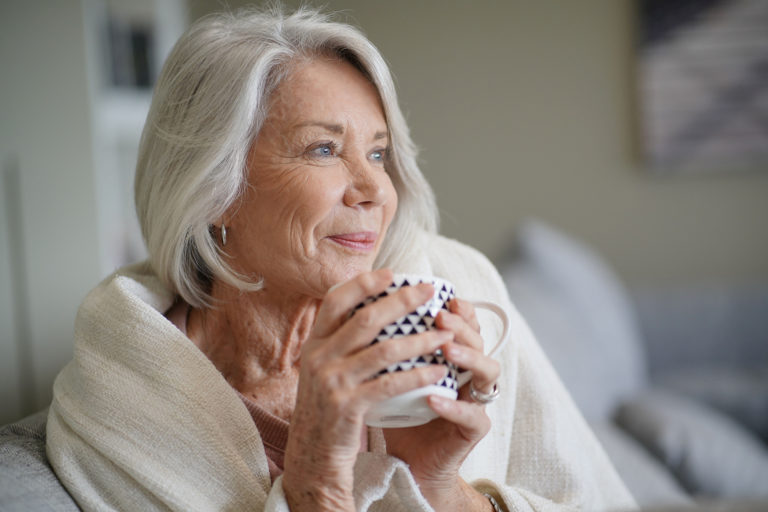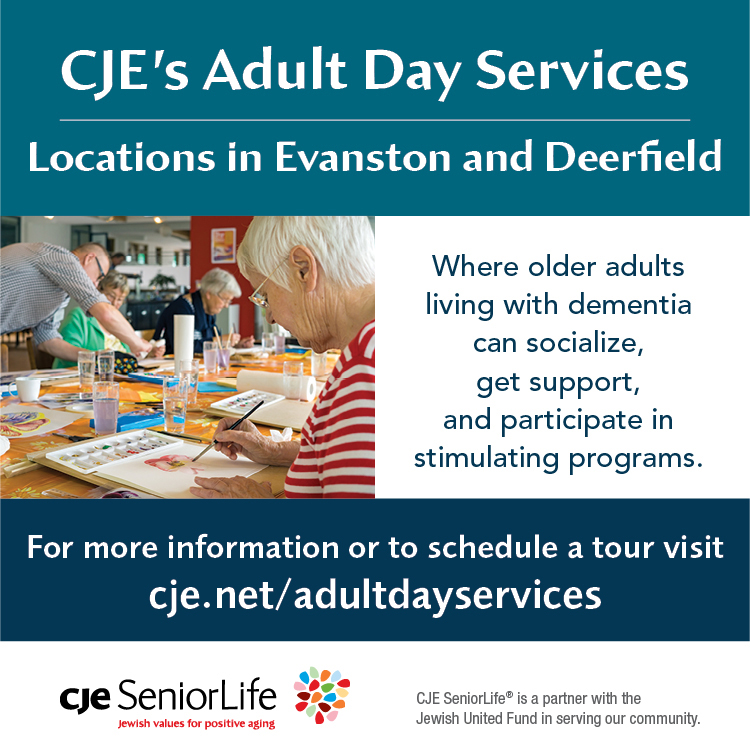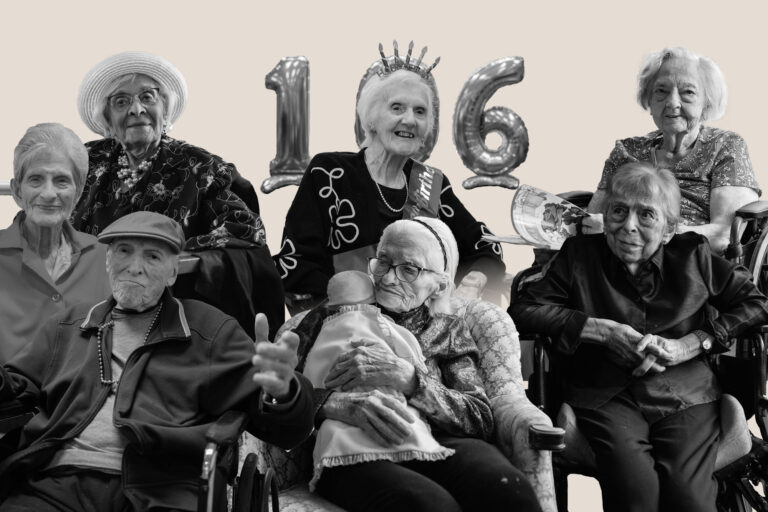
Julie is a communications professional and writer who focuses on healthcare and technology issues.
Winter in Chicago is a challenging time for many people. But for older adults, it is especially fraught with risks from falls, hypothermia, and isolation. Check out these winter safety suggestions from caregiving experts at two local agencies about how to keep your loved ones toasty and safe this winter.
Winter safety tip #1: Keep your loved ones warm
Older adults tend to become chilled more easily due to slowing metabolism, thinning skin, and medication side effects. To reduce the risk of hypothermia, the National Institutes of Health recommends that older adults dress in layers, wear hats, use throw blankets indoors, and keep their thermostat at a minimum of 68 to 70 degrees day and night.
Be sure your loved one has adequate heating. If they meet income requirements, they may be eligible for the federally funded Low Income Home Energy Assistance Program (LIHEAP), says Peggy Tully, health education implementation coordinator for AgeOptions in Oak Park.
Regional utility companies like ComEd offer free energy usage assessments and energy saving kits for eligible customers, says Jessica Haines, a caregiving specialist with Aging Care Connections in La Grange.
“Even if they don’t own a home, [the utility company] can still bring an array of helpful items, which may include window clings, energy-efficient lightbulbs, foam to wrap pipes, or a wi-fi device so they can control the thermostat,” Haines says.
Make sure your loved one’s furnace is running properly. If they are on a tight budget, contact a local agency for older adults for referrals to programs that may provide discounted or free furnace tune-ups. The federal Eldercare Locator can help you find agencies to connect you with various helpful services.
Winter safety tip #2: Reduce the risk of falls
About one in four people 65 and older report falling each year in the U.S., according to the National Council on Aging, and every 11 seconds, an older adult is treated in the emergency department for a fall-related injury.
To reduce the risk of your loved one falling, tape down or remove rugs, tuck electrical cords behind furniture, and illuminate their home by putting lights on timers to automatically turn on at dusk. Make sure that outdoor areas around porches and doors are well lit with motion detector or timer lights.
Ensure that your loved one can see where they are going. Check that eyeglass prescriptions are up to date. And remind them that sunglasses are not just for movie stars, they can aid visibility in the snow and ice.
Outdoors, your loved one should wear sturdy boots with nonslip soles. Ice traction cleats, which can be purchased at sporting goods stores or online retailers, can improve stability on icy sidewalks.
A physical therapist or home health aide can provide suggestions for improving the traction and stability of walkers and canes, such as adding metal ice tips to canes.
But be careful using a cane in wintry weather. “The level of risk increases, even with slush. Anything slippery increases the risk with that cane,” Haines says. Encourage your loved one to use handrails on stairs, whether indoors or outdoors.
Snow shoveling can be excellent exercise, but only if the person is physically fit. If shoveling snow is too strenuous for your loved one, ask around the neighborhood for someone who might be willing to clear the sidewalk or driveway, or contact a local high school to inquire if students who need service-learning credits are available to shovel.
Balance is key to avoiding falls. Evidence-based fall prevention programs, such as Tai Chi for Arthritis and Fall Prevention, can help older adults improve their balance and regain confidence in walking. Many organizations for older adults provide free in-person and online exercise classes. Some Medicare Advantage and Medigap plans include the SilverSneakers fitness program, which offers exercise classes at no additional cost.
Winter safety tip #3: Keep your loved one connected
Isolation is the invisible hazard of winter. Slippery roads, icy sidewalks, and early sunsets, piled on top of pandemic isolation, can make it especially hard for older adults to stay socially engaged during the long, dark post-holiday winter months, Haines says.
Help your loved one stay connected by encouraging them to attend social gatherings, whether safely in person or virtually.
During this isolated era, check on their mental health too. “We can also connect them to in-home counseling; it doesn’t matter what their insurance is,” Haines says.
Whether your loved one lives independently in their own home or resides in a retirement community, become acquainted with the people in their neighborhood.
Reaching out to their neighbors, mail carrier, retirement community staff, and members of their place of worship expands the circle of people you can tap to check on them, shovel snow, or bring groceries before snowstorms.
Local Area Agencies on Aging are tremendous resources. Ideas and assistance are only a phone call or email away, Tully and Haines emphasize. Even if the agency on aging you contact can’t provide the service your loved one needs, staff can connect you with another organization that might be able to help.
Keeping an older relative or friend warm, safe, and connected can be a tall order. Reach out to local groups before there is a problem, so that you have helpful resources at the ready. “Even if you don’t need something now, call us so you have us in your pocket,” Haines says.








